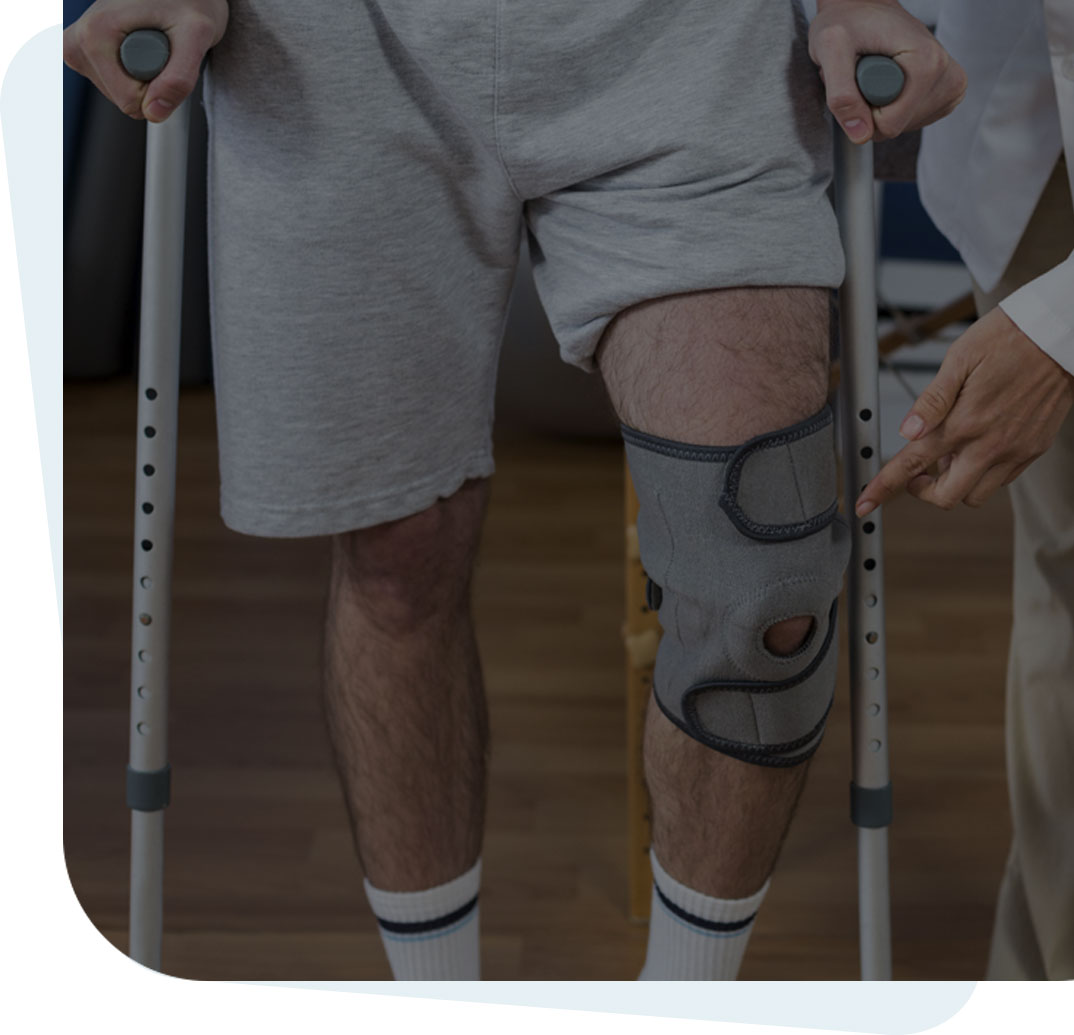
Post hospital rehabilitation is for people recovering from injuries, surgeries or medical conditions, after being in hospital or care.
Sometimes after being in hospital, although you may be medically well enough to come home, once you are home it can take a while to get back on your feet and doing those normal everyday activities.
We provide a specialist post hospital rehabilitation service, within your own home, to get you back to being you.
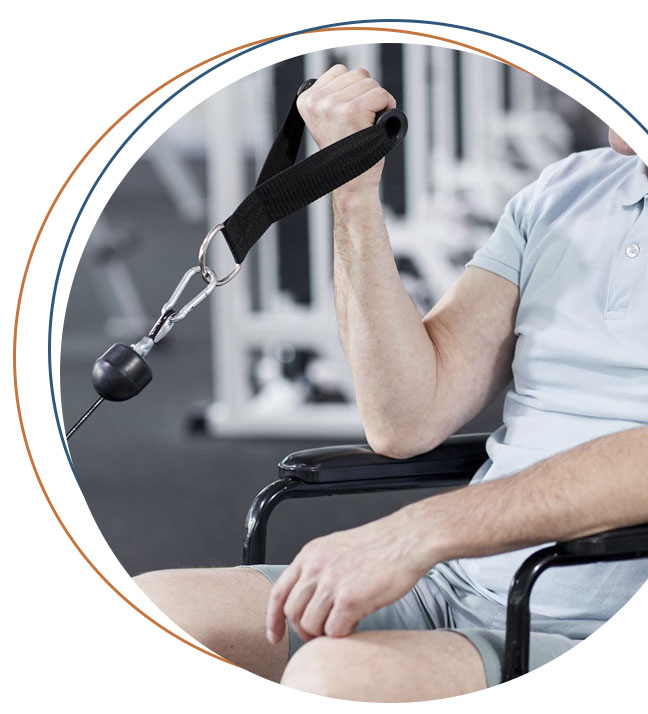
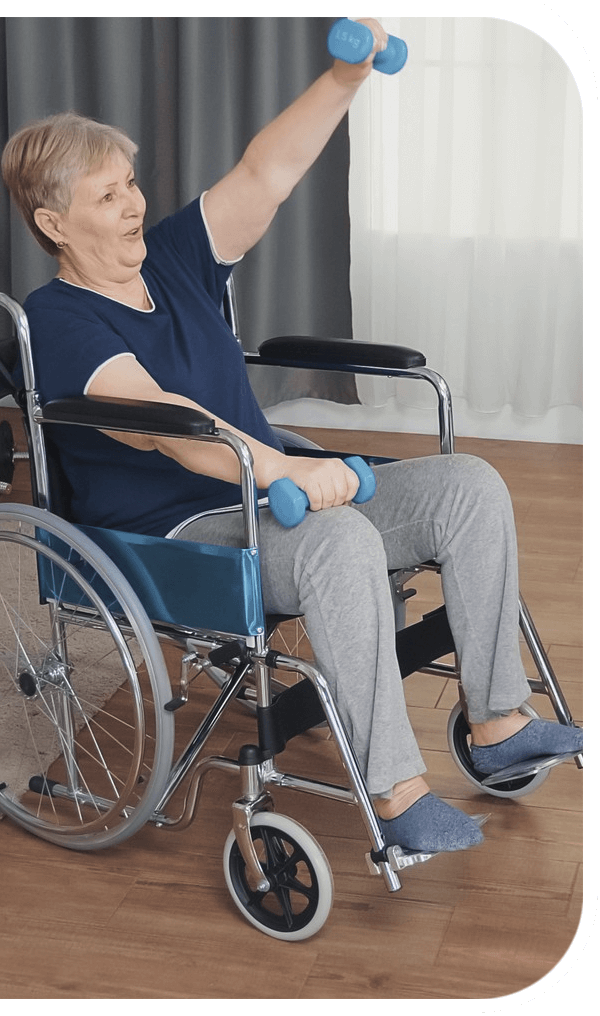
Post Hospital Rehabilitation Expertise
With extensive experience within Hospitals, Care Homes and Private Practices, Jessica Woods Physiotherapy has treated and fully understands how settling back to normal life and routines after periods away in care can be troublesome.
Typical Patient Post Hospital Rehab
- Mobility Practice
- Home life practice of functional tasks
- Falls advice and education
- Muscle strengthening exercised
- Balance
- Range of movement stretching
- Mobilisation & massage of soft tissue
- Pain management
- Weight transfer practice
- Home exercise programs
- Training, advice and education of family and carers.
What are the benefits of doing post hospital rehab?
There are huge advantages for people who do post hospital rehabilitation. The overall end goal is to ensure a person is able to move forward from their extended time within hospital, get back to the life and things they wish to do.
Our post hostpital rehab can help:
- Reduce the risk of falls
- Increase patient balance and mobility
- Reduce any pain and/or swelling
- Increase the range of movement
- Increase confidence and motivation
- Improve muscle strength
- Learning of exercise plans
- Assistance with mobility aids and equipment
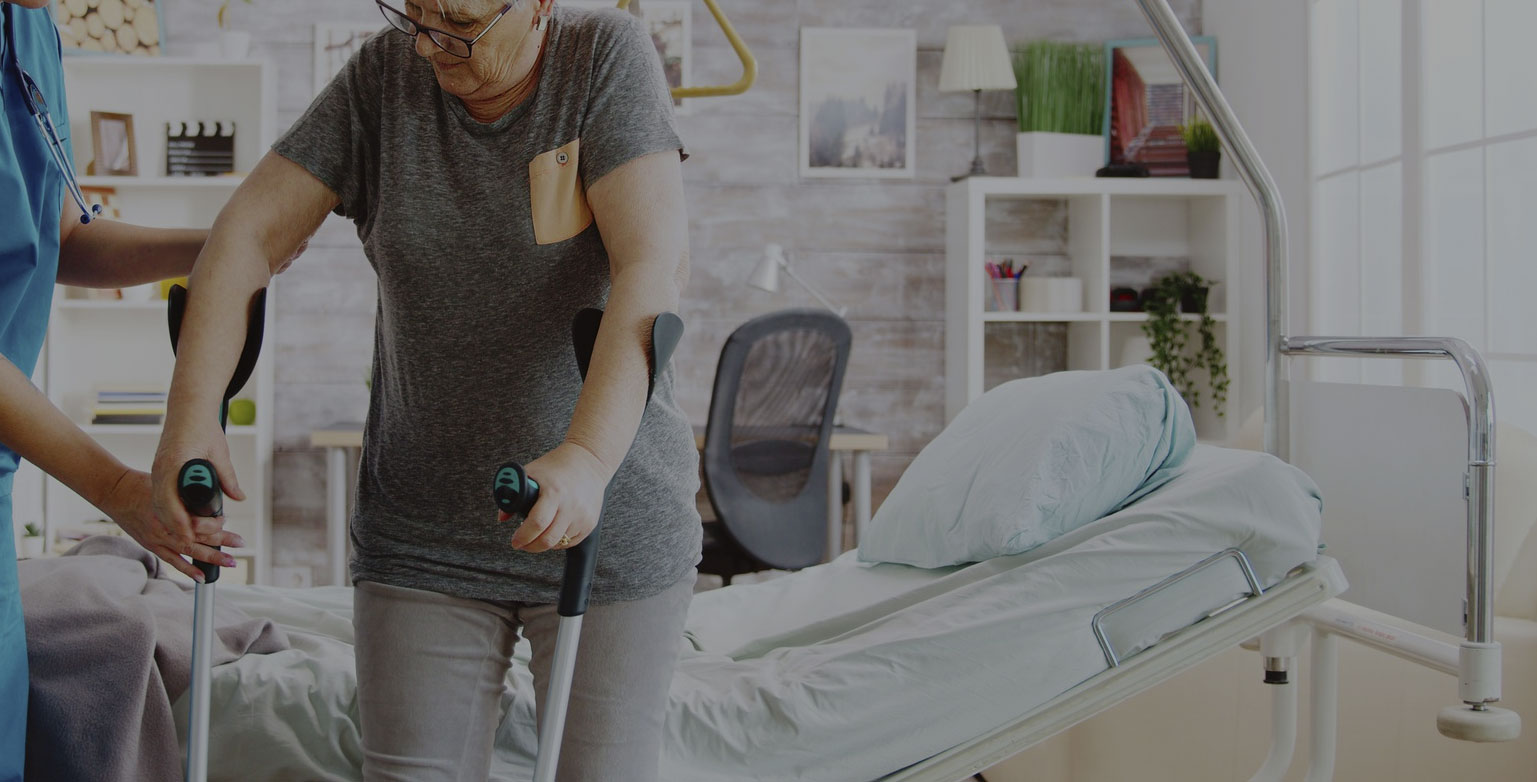
TESTIMONIALS
What our patients say about us
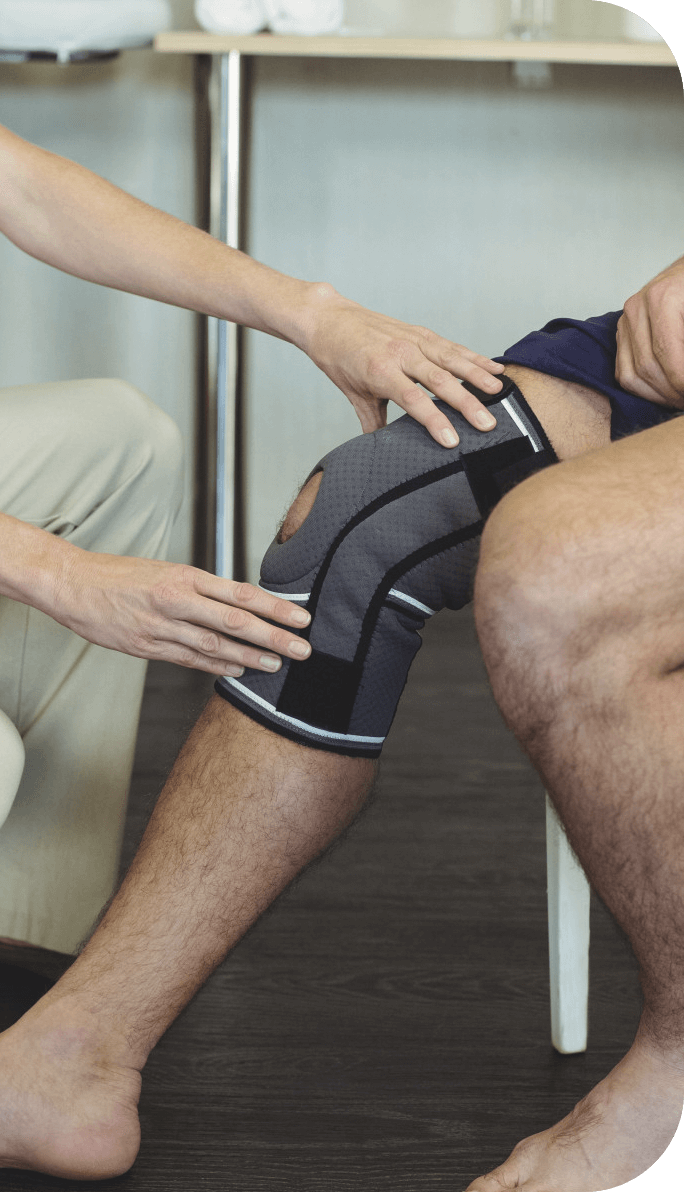
Got a few questions
Frequently asked questions
Why might I need rehabilitation once I’m home from hospital?
Although you might be recovered medically from your illness, physically you may not be quite as good as you were before being unwell. Physiotherapy can help to improve your exercise tolerance and physical ability to do you activities of daily living more independently.
Would it not be better to stay in hospital for my physical recovery?
Sometimes people do stay in hospital for their physical rehab, or they can get transferred to a rehabilitation specific hospital. However there are a lot of benefits of being at home:-
- Goals can be more specific to your own home environment
- Reduced risk of hospital acquired infections
- Physio appointments can be flexible around you
- Family, friends, or carers can be more involved in your rehab at home. Visiting is still quite restricted in hospitals at the moment.
What physiotherapy treatment will I receive at home?
Your physio will work with you to achieve your goals. Typical treatments may include gait re-education, transfer practise, practise of functional tasks eg getting dressed, making a cup of tea, and working on exercise tolerance. You may also receive some exercises to do when your physio is not there.
How many physio appointments will I need?
This will be discussed within your treatment plan by you and your physio. All conditions are different and so we tailor each treatment plan to ensure the right fit. For example, if you are in acute pain, you may start off being seen 1-2 times a week, but this may decrease to every 1-2 weeks as your pain improves, and muscles get stronger.
Have more questions? ask us on the form below



